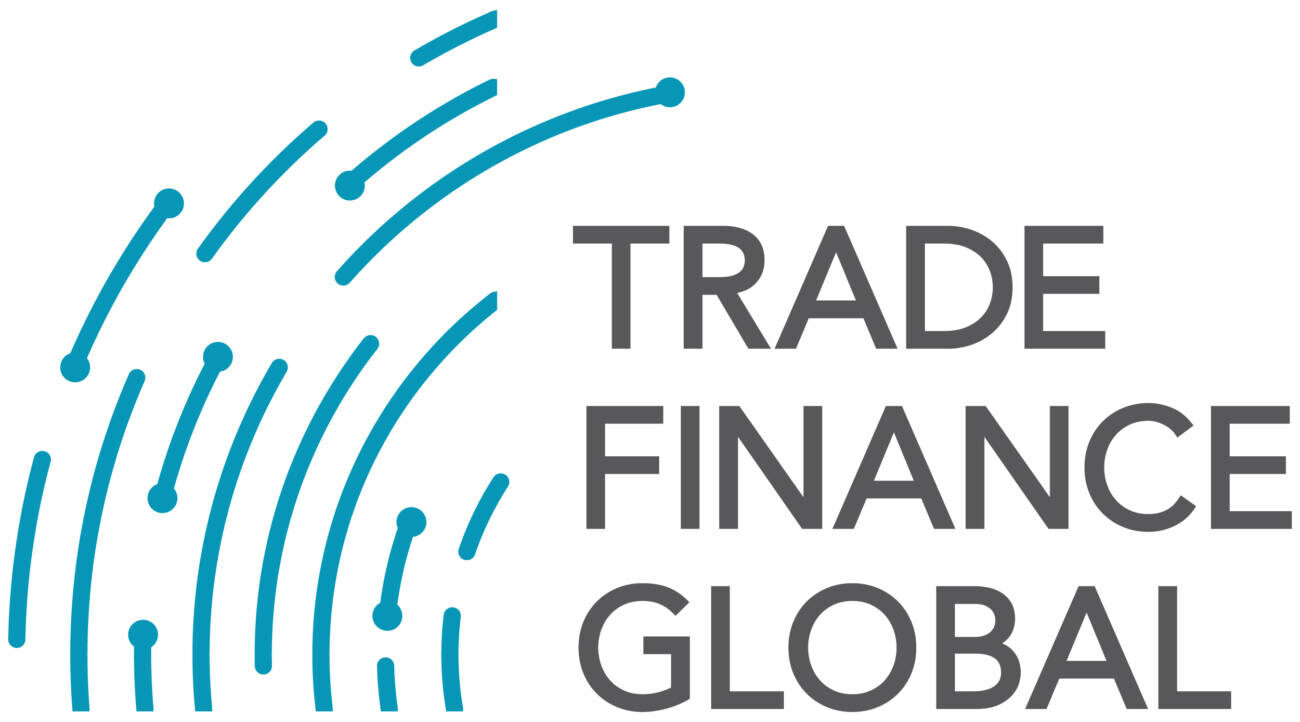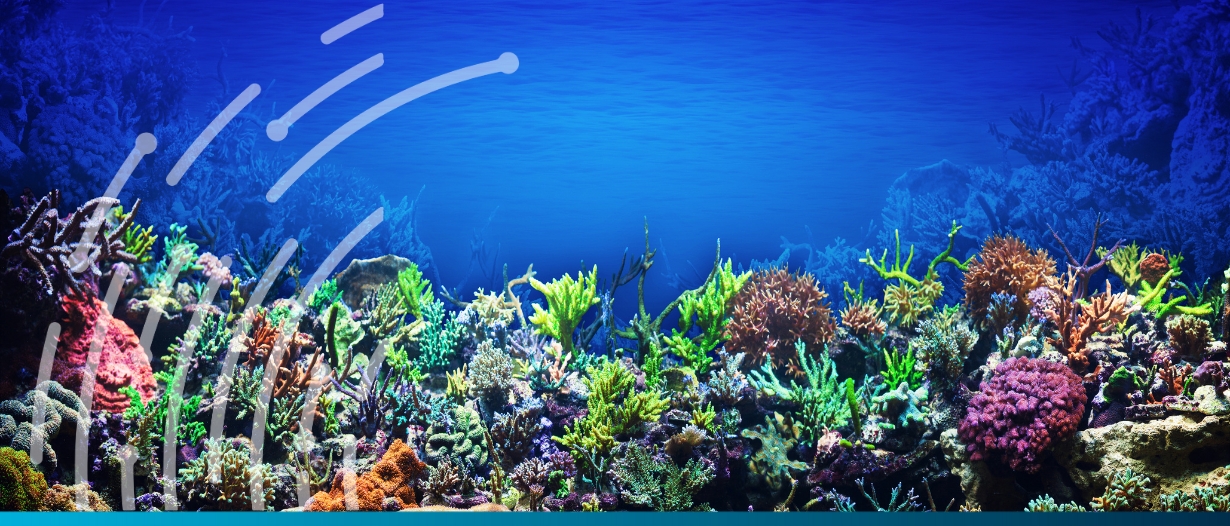Estimated reading time: 2 minutes
On Tuesday, an alliance of nations announced that its members would contribute $12 billion to safeguard coral reefs from dangers like pollution and overfishing.
However, experts cautioned that this sum would be merely a “drop in the ocean” unless broader climate risks are also addressed.
The International Coral Reef Initiative (ICRI), consisting of 101 countries, including 45 countries custodians of 75% of the world’s coral reefs, plans to secure both public and private investment to aid in the conservation and restoration of coral ecosystems. These ecosystems are vital, supporting a quarter of all marine species and over a billion people globally.
“The functional existence of these critical ecosystems is at stake due to the climate crisis and a myriad of other anthropogenic stressors,” the ICRI stated. “The window for protecting these ecosystems is closing rapidly.”
Coral reefs are increasingly under threat from rising levels of marine pollution, harmful coastal development, and fishing activities.
Additionally, they are impacted by increasing sea temperatures, which lead to the corals expelling the colourful algae that live within them, a process known as “bleaching.”
Marian Wong, a senior lecturer at the School of Earth, Atmospheric and Life Sciences at Australia’s University of Wollongong, noted that while additional funding for protection and restoration is “good news,” the greater risk is from rising temperatures.
“Threats are very grave, especially as we head into another El Nino,” she said. “We are expecting coral bleaching on a mass scale to occur again, probably February to March, unless we are very lucky.”
ICRI has set a goal to “secure the future” of 125,000 square kilometres of shallow-water tropical coral reefs and aims to double the areas under effective protection by the end of the decade. The initiative also committed to “accelerate” the restoration of damaged reefs through innovative new methods.
David Booth, a marine ecologist at the University of Technology Sydney, warned that restoration is not a cure-all, stating it would be “unfathomably expensive” to implement on a meaningful scale.
Originally launched in 1994 by countries including Australia, France, Japan, Jamaica, the Philippines, Sweden, Britain, and the United States, ICRI has expanded its membership to 45 countries, which represent three-quarters of the world’s coral reefs.
“ICRI countries should be focused squarely on reducing greenhouse gas emissions,” said Terry Hughes, a coral expert at Australia’s James Cook University. “Ironically, Australia and Saudi Arabia are strong supporters of coral restoration ‘solutions’ because it buys time for fossil fuel industries to continue to pollute the atmosphere for as long as it’s profitable.”

